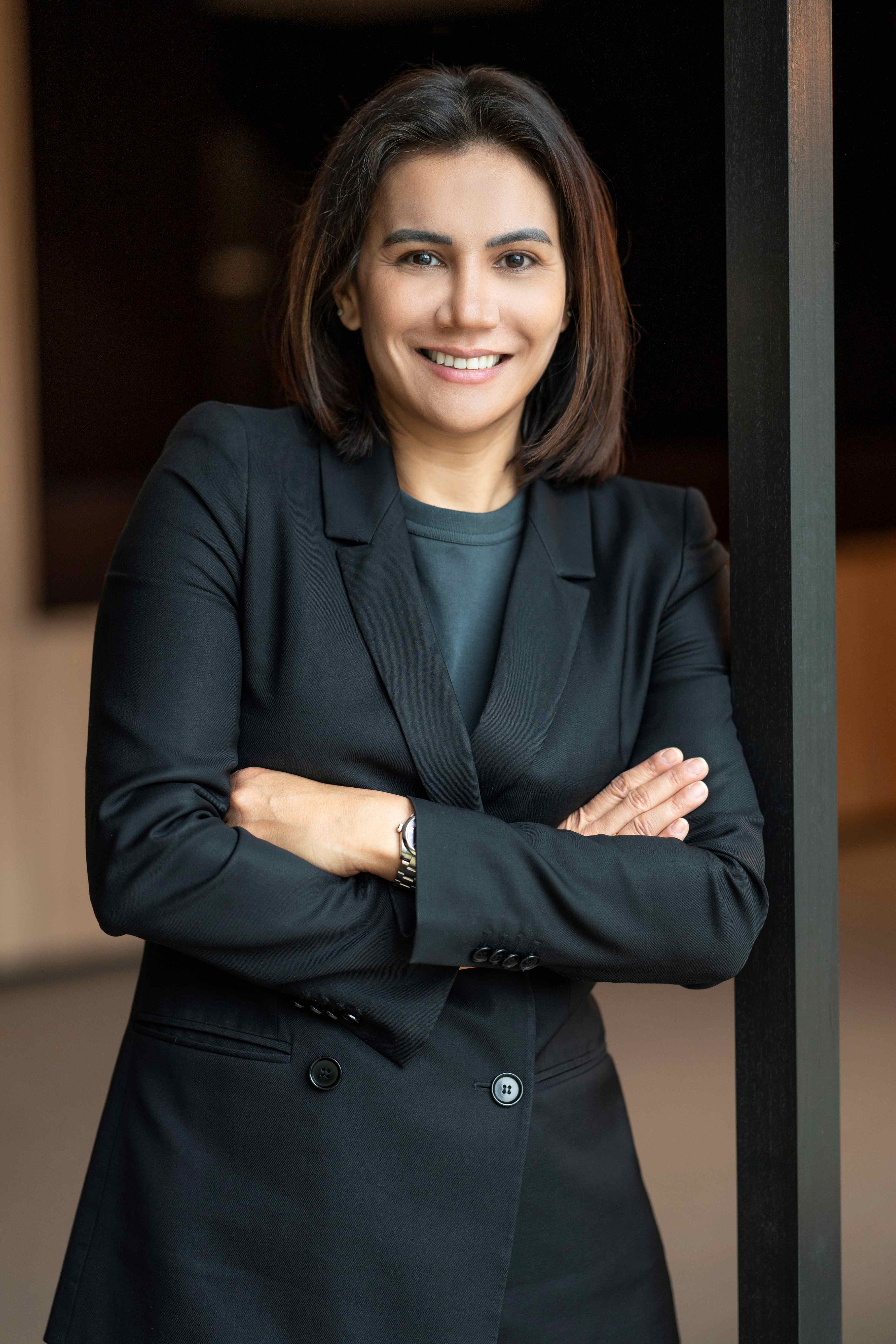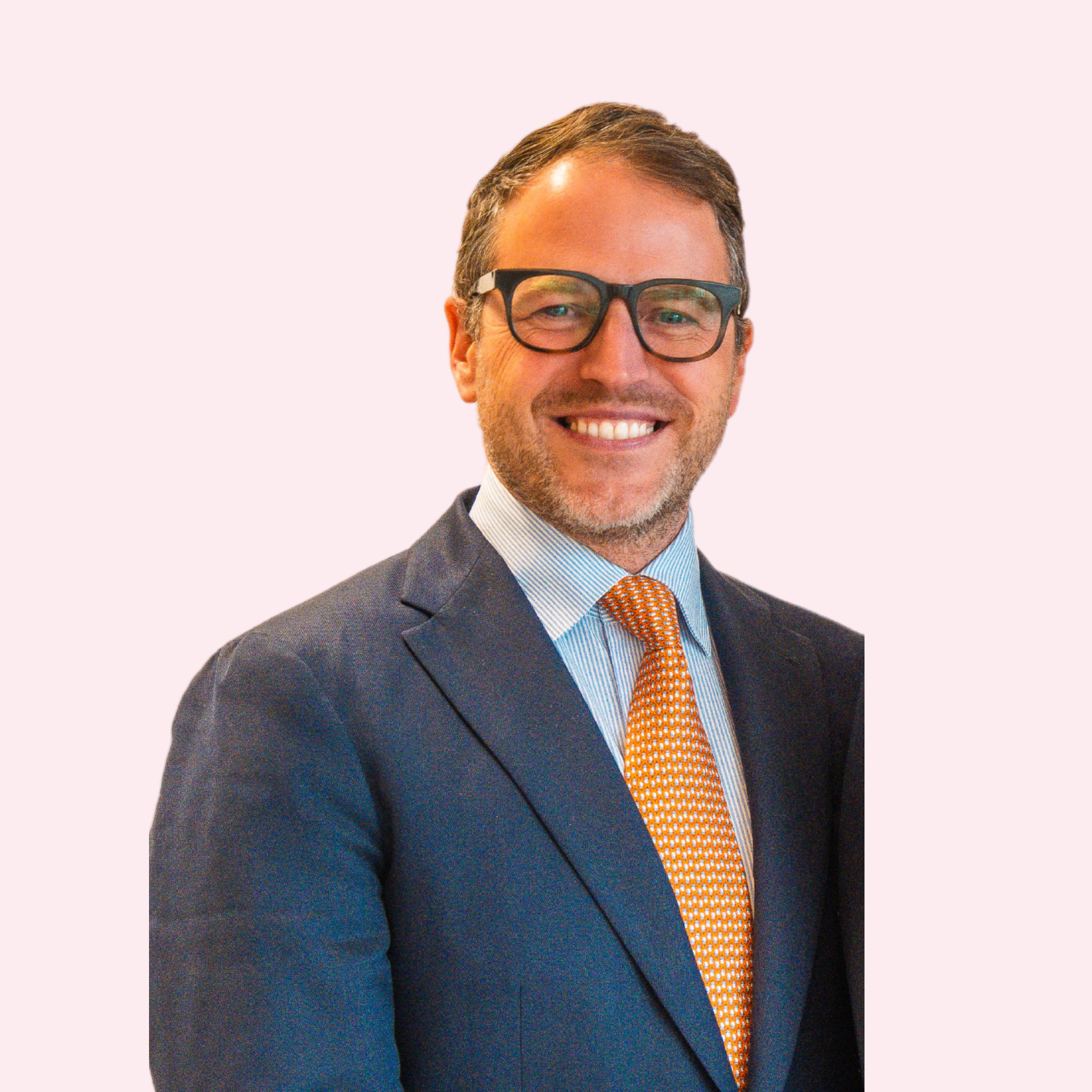A new perspective on real estate private equity
14/10/2024
Beginning in January, PUC - KU Leuven Continue has developed a new insight programme on “Real Estate Private Equity”. Who is the course intended for? What will participants learn? And how does the course differ from other programmes about real estate investing? We asked these questions to three people who are very much involved with the new programme: Matthias Maselis, real estate partner at law firm Stibbe and specialized in commercial real estate transactions, Sheelam Chadha, Country Director Belgium for listed real estate developer Atenor and Philip Walravens, CEO of Tribeca Capital Partners, an alternative investment fund manager specialized in commercial real estate.
“This course is a one-stop shop on how to become creative with your real estate investments”
“We know there are already quite a few courses in Belgium that deal with the question: how should you invest money in real estate and what is important in asset management?”, Matthias Maselis (Stibbe) starts. “In this course we take a different approach and ask different questions: where does the money come from? How are institutional funds structured? How do they raise and deploy capital? What are their criteria when investing? How do they approach risk? That’s quite a different angle if you compare it to other courses in Belgium. Programmes like ours already exist in major financial hubs like London and New York, but Belgium was still a blank slate. And we felt a need for that.”

Matthias Maselis, Stibbe

Sheelam Chadha, Atenor
Sheelam Chadha (Atenor) agrees. “There is a lot of institutional money looking around Europe and still showing interest in Benelux yet, the focus was always on how to invest your money: how to manage developments, how to do evaluations and feasibilities and how to sell projects with an ESG scope etc. But, post-COVID, the environment has completely changed, because the traditional financing is practically dead. Today, the financial engineering behind deals is much more advanced and complex. Every euro you receive, is composed of many things: a bit of debt, a bit of preferred equity, a bit of cash, a bit of this and a bit of that. So, if you want to set up a deal, you have to become much more creative and really understand all your different sources of funding. I think of this course as a one-stop shop on how to become creative with your real estate investments.”
In-depth understanding of cross-border transactions and capital flows
“As global capital markets continue to expand, the real estate sector is becoming ever more international and interconnected”, adds Philip Walravens (Tribeca Capital Partners). “While we are seeing increasing participation from global alternative investors, the exposure to these trends remains limited to real estate professionals in Belgium and many other parts of Europe. Large-scale players such as Blackstone, Brookfield and TPG, to name a few, have reshaped the competitive landscape, introducing new dynamics that require an in-depth understanding of cross-border transactions and capital flows.”
One of the key elements in the course is to help participants understand the language institutional players speak, says Matthias Maselis. “They operate in a specific, regulated, and professionalized way, with their own lingo and if you want to do business with them, you must speak their language. Even I, personally, sometimes felt a bit illiterate when talking to these parties (laughs). So, this course aims at giving you the toolbox you need to do business with institutional players and to set up your own real estate fund.”
Learning from international experts in the field of real estate private equity
The course is set up as a good mixture of academic insights and a more practical approach. “There is a good academic fundament, but we also focused on having lecturers that currently hold key positions in the field of real estate private equity”, Matthias Maselis stresses. “That is what makes this course particularly interesting, I think. You get the theoretical backbone, the practical insights, and as a bonus, you expand your network of people active in this field.”
Sheelam Chadha: “A lot of the people who teach the course have already done large, complex deals, they have international experience, they have set up joint ventures and they can also give examples of what went wrong and importantly, in various cycles. In that way, we can learn from our past mistakes. Or make the same mistake over and over again, which might also be the case (laughs).”
How to work effectively within local and international regulatory frameworks?
“As a regulated fund manager, our work often mirrors the practices seen in global financial hubs like London”, says Philip Walravens. “However, this familiarity with international standards and practices is less widespread in continental Europe, where the regulatory and investment landscapes are evolving at a different pace. This gap in knowledge creates both challenges and opportunities for real estate professionals looking to expand their understanding of private equity dynamics on a global scale.”
And this is exactly where the new Real Estate Private Equity course at KU Leuven comes in, explains Philip Walravens. ” It was designed to address the growing need for professionals in Europe to acquire the necessary skills to navigate these markets. By bringing together academic excellence with practical insights from industry veterans, we aim to provide participants with a deep understanding of how to structure and manage real estate funds, raise capital, and work effectively within both local and international regulatory frameworks.”

Philip Walravens (Tribeca Capital Partners)
Audience: real estate agents and developers, lawyers, asset and fund managers and (institutional) investors
The typical audience for this course is real estate executives and high potentials and already have at least five years of experience in real estate: real estate agents and developers, lawyers, asset and fund managers, and (institutional) investors. Participants must have a Master’s degree in, for instance, law, business, economics, or engineering.
The programme can welcome a maximum of 25 participants and has a broad international focus, says Matthias Maselis. “We want to keep the group limited to be interactive, have good discussions, and raise specific questions. It is the aim to give the European perspective, and not limit ourselves to the Belgian market or Belgian regulations. The reason for going to London and Luxembourg, is because these markets are more mature and more developed in real estate private equity than Belgium. Simultaneously, an increasing number of large-scale private equity players are investing in Belgian real estate or, in some cases, completely taking over local players to establish a Benelux platform for their investments. Therefore, this course comes in my view at the right moment.”
Real Estate Private Equity
Discover the new Insight Programme on Real Estate Private Equity, a unique programme for European Real Estate Executives.






